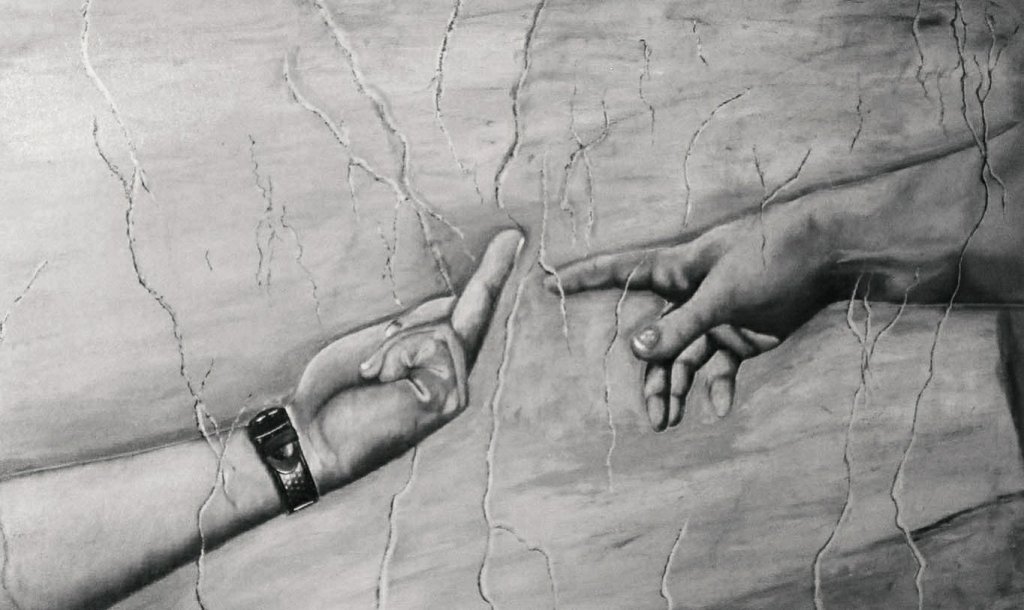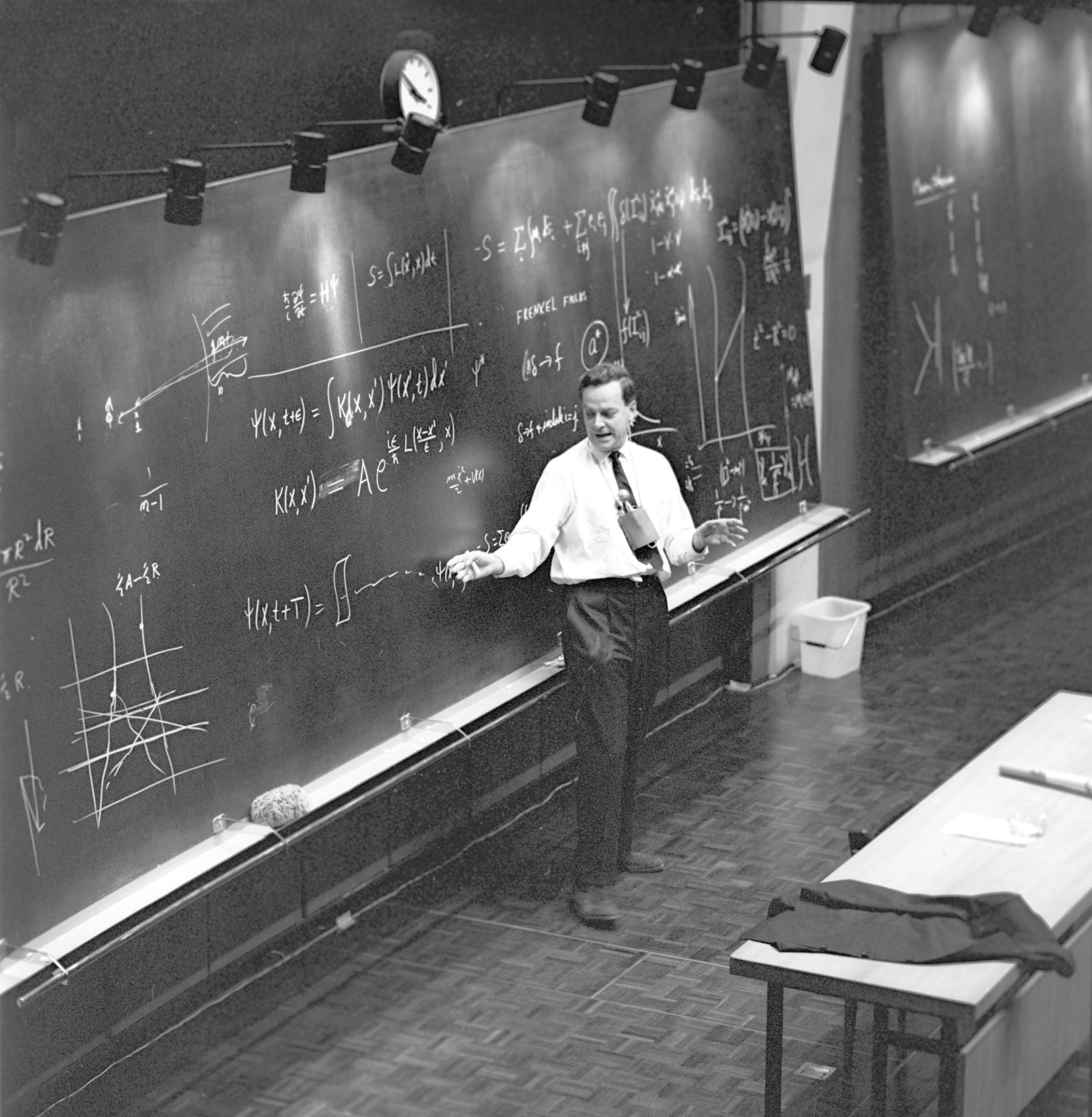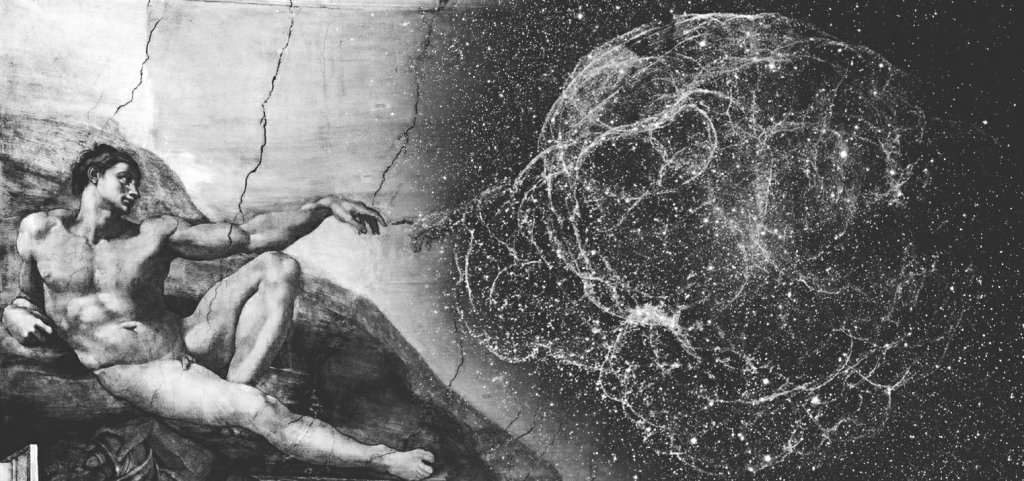At the point when we state ‘God‘ in this article, it doesn’t focus to a particular religion rather the full-scale bunches who clearly have a larger group of followers for instance Christianity, Islam, Hinduism, Buddhism, etc in the order of presence.
The answer to any question can comprehensively be given in a yes, no, or don’t know. The provenance of the universe of question would begin with the ‘who‘ of a definitive owner. Who made a living thing? Who is behind the transmitting vitality of sun that causes the procedure of photosynthesis? What’s more, who has driven the sentiment of bliss when a mother contacts her new conceived? The complex yet a fundamental question of ‘who’ additionally has a similar answer of yes, no, and don’t know, interestingly each of the three. Atheism states no God, Scientism states we don’t have a clue yet and Theism in a higher power say indeed, there is a God.

Who designed the designer? Although the argument’s first premise “Whatever begins to exist has a cause”, it is a positive argument for atheism, and it does attempt to deal with the God hypothesis in the only arena where God’s existence may be decisively confirmed or refuted: the arena of philosophy. Let’s consider three of God’s best-known divine attributes: his omniscience, omnipotence, and omnipresence. God’s Omniscience says that he knows all truths and accepts nothing false as true. But could an all-good God know what it is like to sin? Yes, for God knows all truths; but he doesn’t know all truths directly from personal experience. God knows what it is like to sin by knowing what it is like for us to sin. This brings us to the claim of God’s Omnipotence. Is there any philosophical contradiction that can be drawn out of God’s infinite power? For example, God has the power to do all logically possible things—that is, he has the power to do all meaningful things. That is why he cannot create a four-sided triangle. Finally, God’s Omnipresence. How can this be so? Well, as long as God is unbound by time and space there is no contradiction. Not only has God created all things, but also his presence is necessary to sustain them in being, just as the presence of hydrogen atoms is necessary to sustain water in being. God is present to all beings, but he is not all beings (that’s pantheism).

There have always been people who did not believe in God, but Scientism today has made it questionable if whether to completely neglect the existence of God or look for its possibility. Ever since people began asking questions about who we are and where we come from these questions are now part of scientific research, they are much, much older than science. It is not about the science of materials or high-temperature superconductivity, rather it is about science as part of a much grander and older sort of questioning about who we are in the big picture of the universe. Einstein in his work of ‘cosmic religious feeling’ distinguished three human impulses which develop religious belief: fear, social or moral concerns, and a cosmic religious feeling. Science doesn’t do declarations like atheism (there is no God). It looks for shreds of evidence. There is no evidence for God but the absence of evidence is not evidence of absence. This creates a line between Atheism and Scientism. However this creates some coherence between science and Theism as one believes in Gravity the other in Divine, and interestingly both of these concepts are something unseen to the human eye. Most people, in general, have no awareness of what science can and cannot do. So they misuse it, and they do not think about science in a more pluralistic way. It can be built on a metaphor ‘The Island of Knowledge’. The paradox of knowledge is that as it expands and the boundary between the known and the unknown changes, you inevitably start to ask questions that you couldn’t even ask before. And that’s where the concept of God comes into play.

In popular perception, science and God are two mutually inimical and warring concepts where the victory of one means a defeat of the other. However, a contemporary relationship between science and religion could be driven on two aspects- the divine action, and human creation.
For Christian, the task of instruction is made simpler by the fact that the biblical, Hebrew word for instruction, Torah, means both law and instruction. For them, all things in every sphere are under an ultimate and fundamental law, God’s law, and education is an instruction in that law order. Modern science is a product of a Biblical world view, with its belief in God and the world under God’s law. Without that substructure, science will quickly disintegrate. The ‘Young Earth Creationism’ is but one that is consistent with scripture. Indeed, some scientific theories, such as the Big Bang theory, first proposed by the Belgian priest Georges, look congenial to the doctrine of creation. The theory seems to support creation ex nihilo(i.e., out of nothing) as it specifies that the universe originated from an extremely hot and dense state.
From an Islamic standpoint, science, the study of nature, is considered to be linked to the concept of Tawhid (the Oneness of God), as are all other branches of knowledge. In Islam, nature is not seen as a separate entity, but rather as an integral part of Islam’s holistic outlook on God, humanity, and the world. The Islamic view of science and nature is continuous with that of religion and God. This link implies a sacred aspect to the pursuit of scientific knowledge by Muslims, as nature itself is viewed in the Qur’an as a compilation of signs pointing to the Divine. The Holy Quran directs attention towards science, time and again, rather than evoking prejudice against it. The Quran has never advised against studying science, lest the reader should become a non-believer; because it has no such fear or concern. The Holy Quran is not worried that if people will learn the laws of nature its spell will break. The Quran has not prevented people from science, rather it states, “Say, ‘Reflect on what is happening in the heavens and the earth.’” (Al Younus)
Hindu views on the development of life include a range of viewpoints in regards to evolution, creationism, and the origin of life within the traditions of Hinduism. The Shankara and the Sāmkhya did not have a problem with the theory of evolution, but instead, argued about the existence of God and what happened after death. These two distinct groups argued among each other’s philosophies because of their texts, not the idea of evolution. The incarnations of Vishnu is almost identical to the scientific explanation of the sequence of biological evolution of man and animals. The sequence of avatars starts from an aquatic organism (Matsya) to an amphibian (Kurma), to a land-animal (Varaha), to a humanoid (Narasimha), to a dwarf human (Vamana), to 5 forms of well developed human beings who showcase an increasing form of complexity (Axe-man, King, Plougher/Sage, wise Statesman, mighty Warrior). In fact, many Hindu gods are represented with features of animals as well as those of humans, leading many Hindus to easily accept evolutionary links between animals and humans.
Conclusively, it can be said that atheism, science and theism can be understood with the example of a glass of water. You start with atheism at the surface, it’s all science in between and as you reach at the end, God is waiting for you.
[zombify_post]








